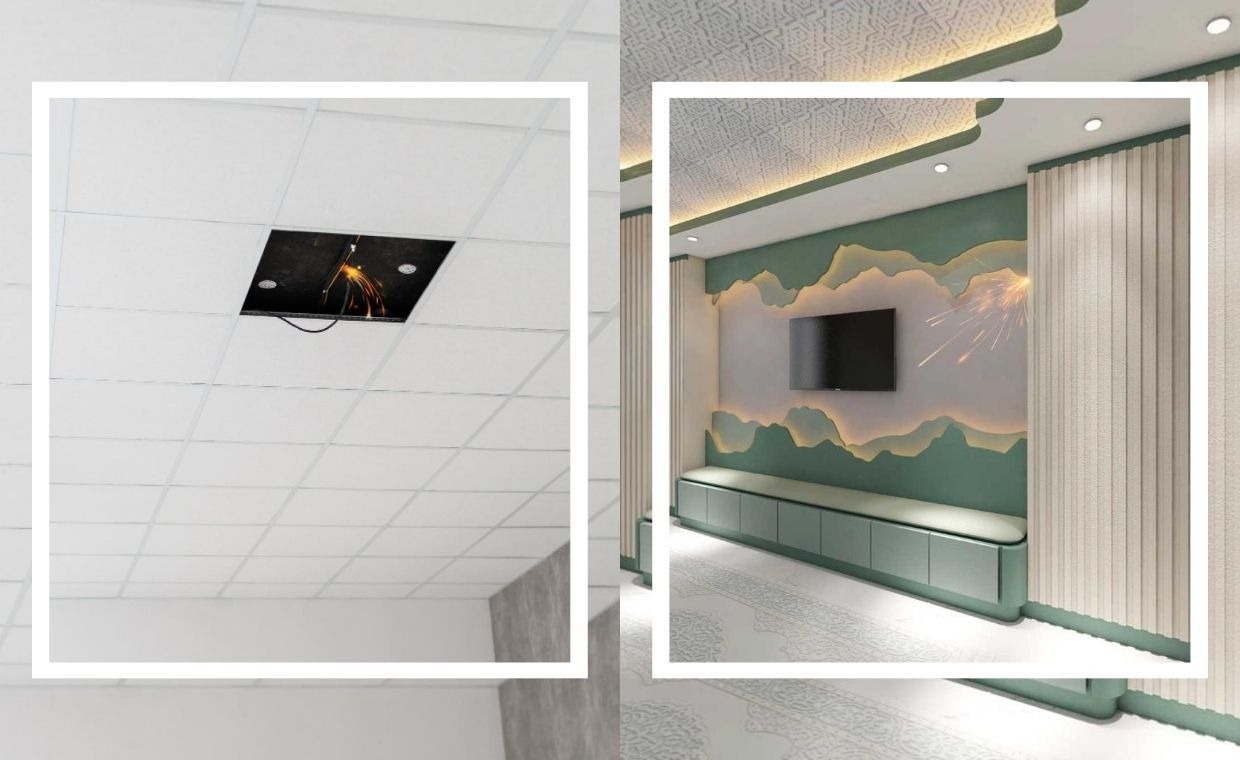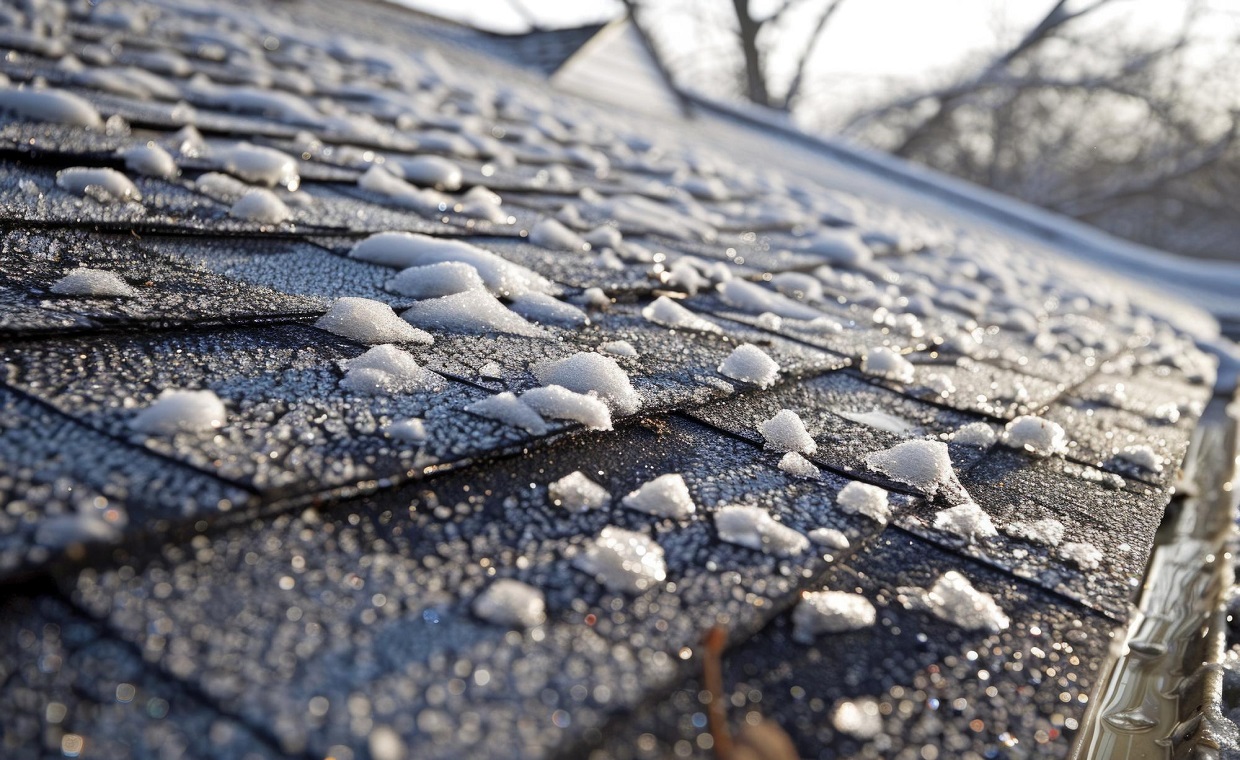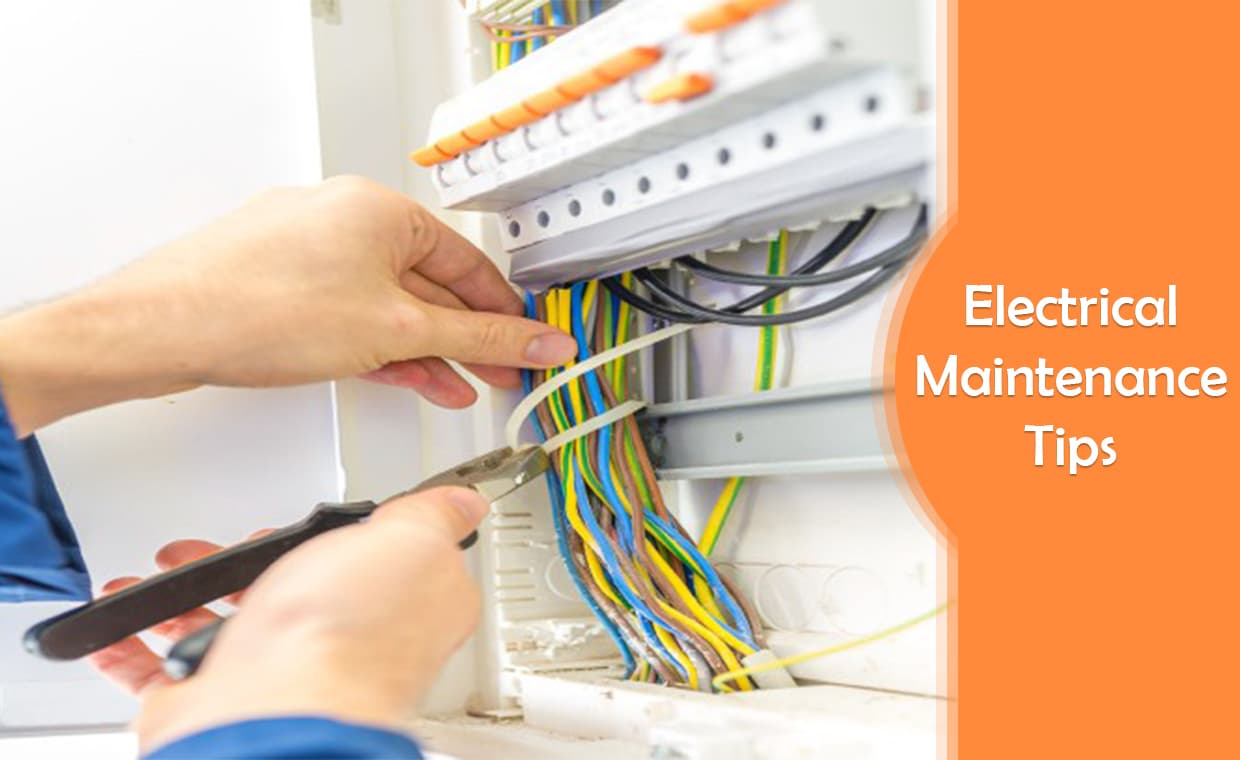
As they say, “prevention is always better than cure” and to allow your home to be electrical safe from any dangers, electrical maintenance is very essential. As a homeowner, overtime, you will notice the electrical wiring in your house starts to wear down. The electricity that is not in the best condition can be harmful to you, your home, and your belongings. Not only can electricity that is not working correctly damage your house, but it could also damage your household appliances, and ultimately be life-threatening to you and your family. Remember many fires are due to faulty electricity.
Electrical Maintenance Tips
Ensuring your home’s electricity is in good condition will not only help things in your house run smoothly, but it will also ensure that you and your family live in a safe home. If you have not had your home’s electricity checked out in a while, or if you think that your home’s electricity is not working to the best of its ability, you have to act now. Check out these five electrical maintenance tips that are essential for keeping your home in the best shape it could be in.
01. Watch Out for Dimming or Flickering Lights
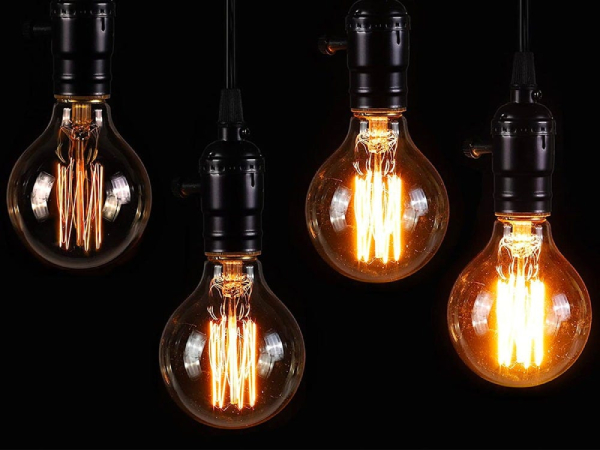
Many homeowners are unaware that when their lights are flickering or dimming, their circuit is probably overloaded. When there are too many extension cords or plug adapters on the same circuit, a circuit overload is likely to occur.
If a circuit is not adequately protected from overload, it could result in a hot circuit, melted insulation, or even a house fire.
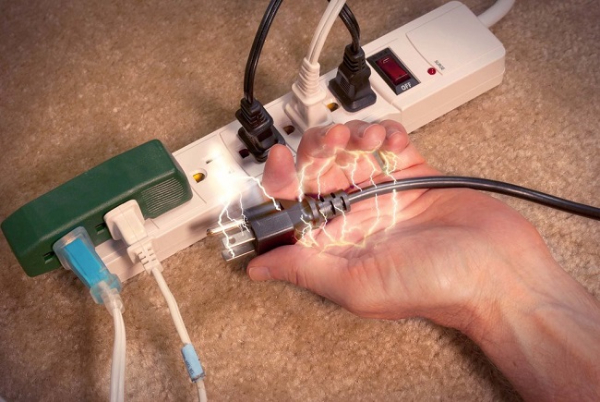
Other common signs of an overloaded circuit are dimmed lights on television and sparks coming from appliances or wall outlets.
02. Make Sure That Your Circuit Breaker Box Is Labeled Correctly
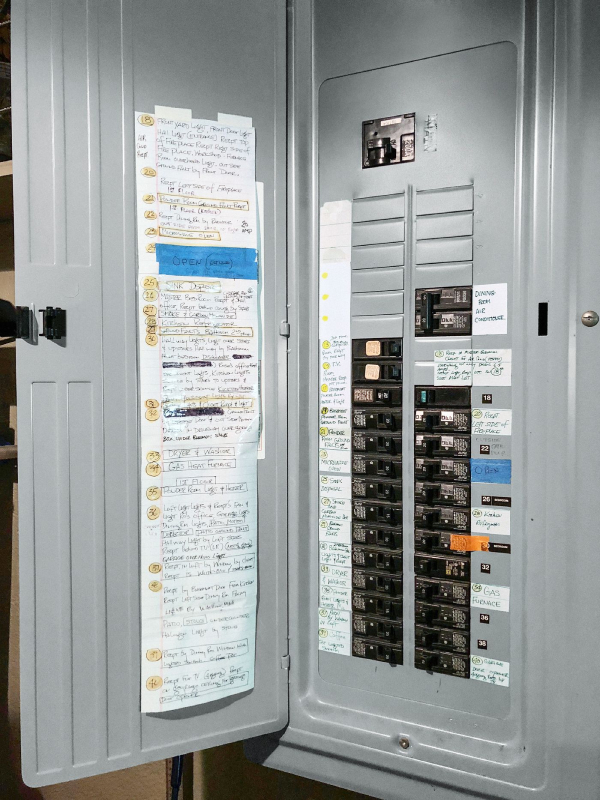
A circuit breaker box contains circuit breakers for your home’s electrical system. According to an electrician in Voorhees, “every circuit in your home has a limit to how much power it can safely draw. This power is measured in amps. Usually, half a dozen outlets will share a 15 to 20-amp circuit breaker. Incorporating Access Panels Direct’s access panels in your home can provide easy and secure access to your circuit breaker box, facilitating quick identification and resolution of electrical issues without compromising safety or aesthetics.
If, for whatever reason, the electrical wiring in a part of your home has too much current flowing through it, circuit breakers cut the circuit off until the problem can be fixed. Your circuit breaker box is one of your home’s most significant saving graces because it temporarily fixes an issue that has the potential to have an awful ending.
When breakers trip or stop working, you can turn them back on from the breaker box. That being said, not only is it crucial to know where your breaker box is, but it is equally as essential to have it adequately labeled, so you know what you are turning off and on.
03. Know That If You Are Heavily Relying on Extension Cords, There Are Not Enough Electrical Outlets in Your Home

Almost everyone is guilty of using an extension cord in some room of their house, but if you begin to notice that you are using an extension cord in every room of your home, it becomes an issue.
For instance, there should be one outlet per every 12 feet of wall in a bedroom, and there should be at least one outlet on each wall. If your home is cluttered with extension cords, that means your home needs more electrical outlets installed. Hence, one should follow the electrical safety rules to avoid accident due to electrical shocks and fire. To keep you safe, we have provided some of the tips which can surely help and avoid accidents:
04. Unplug Your Electrical Appliances First If You Are Cleaning with Water

Water and electricity should stay as far away from one another as possible. The minerals found in water conduct electricity. It is especially important to unplug your appliances when you are cleaning them with water because if you don’t, you could potentially shock yourself while cleaning them.
05. Use Electrical Cords That Are Labeled for Outdoor Use
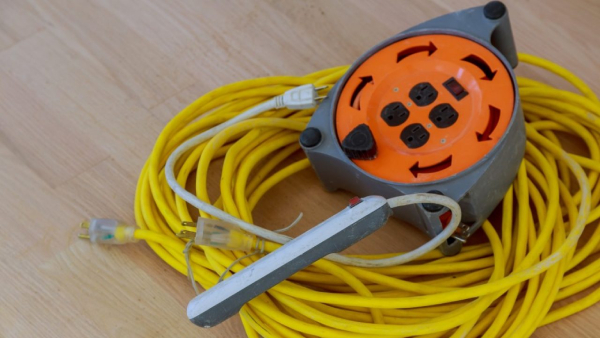
When you are using electricity outdoors, it is vital to use only extension cords intended for outdoor use. The extension cords we use inside of our houses should never be used outside. Extension cords meant for the outdoors have connectors molded onto them so that moisture doesn’t seep in.
Other essential tips for using electrical cords outdoors are making sure that they are free from debris, to make sure that they are fully extended and not coiled, and of course, to store your electrical cords inside when you are not using them.
On a final note, electrical work turns out to be hazardous if not handled properly. The afore-mentioned electrical maintenance tips helps your home to be safe. It might be a life saver if regular maintenance is carried out and dangerous if taken for granted. So, you should always have a regular check and keep your home updated with a regular electrical maintenance. Get your plans vetted with Pulse Power plans – to cut bill surprises!
I hope you found our article helpful for electrical maintenance tips in your house. And if so, and you are really interested in reading more blogs on electric safety and electricity rates, you may know it here:
Factors Affecting Electricity Rates in USA!
31 Tips to Prevent Electrical Hazards During Holidays
























